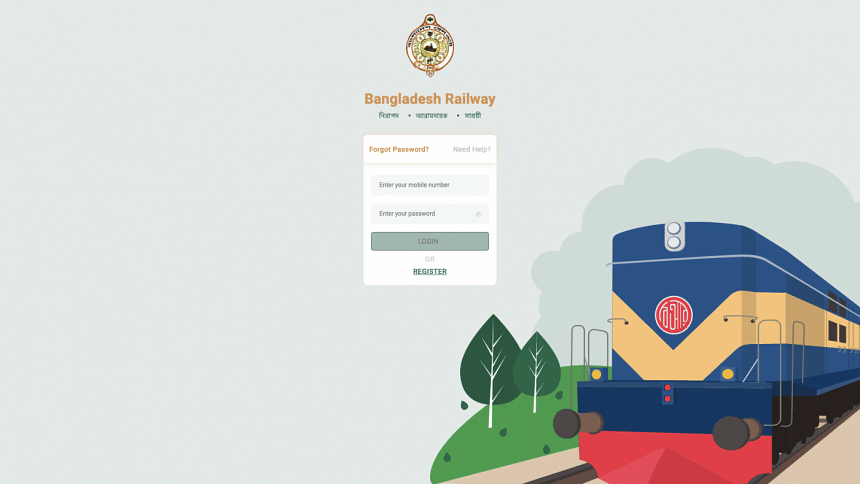Ensuring accountability in Railway ticketing: A balanced perspective

The dynamics of railway ticketing in Bangladesh have significantly evolved with the introduction of digital sales platforms. This modernization, particularly the mandatory use of National IDs (NID) for online ticket purchases since March 2023, aimed at eradicating the menace of black market ticket sales. On the surface, the process appears flawless, designed to ensure that the ticket buyer is indeed the traveler, thereby eliminating unauthorized ticket sales. Despite these measures, the shadow of illegal ticket selling persists, notably in the realm of offline transactions, indicating a gap that requires close scrutiny to achieve lasting solutions beyond temporary enforcement stunts.
Illegal ticket selling manifests primarily through two channels: Railway booking agents exploiting passenger information to make unauthorized purchases, and individuals buying tickets with valid NIDs only to resell at inflated prices, exploiting the lack of identity verification at the point of travel. Developed countries, where stringent ID checks against tickets are routine, scarcely face such issues, highlighting a critical area for improvement within Bangladesh's system.
Introducing One Time Passwords (OTPs) for online ticket purchases has been a step in the right direction, significantly reducing the scope for malpractice by limiting the unauthorized purchase of tickets. However, the lack of OTP verification for offline ticket purchases leaves a loophole that necessitates immediate attention. Further, scrutinizing the issuance process of counter tickets to identify and address the misuse by booking agents could substantially mitigate the problem.
Since the management of the ticketing system was entrusted to Shohoz.com, the availability of train tickets has notably improved. Yet, the perception of scarcity persists among those unable to secure tickets, overshadowing the successes of the system. Addressing the actual scarcity of trains and seats is essential, as the blame cannot solely rest on the ticketing service providers. These entities, responsible for the smooth operation of the Bangladesh Railway Integrated Ticketing System (BRITS), play a pivotal role in the digital facilitation of ticketing but are not involved in direct ticket sales or management at physical counters.The security measures in place for the ticketing platform and database ensure the integrity and reliability of the system, debunking the notion that service providers are complicit in illicit ticket sales.
The issue of illegal ticket sales in Bangladesh's railway system cannot be attributed solely to the service providers or the digital platform. Instead, it calls for a collective effort to address the systemic weaknesses, enhancing the efficiency and reliability of the ticketing process. Through targeted reforms, including the extension of OTP verification to offline sales and rigorous checks on booking agents, alongside the embrace of technological solutions and strict on-board identity verification, Bangladesh Railway can pave the way towards a transparent, accountable, and user-friendly ticketing system. This collaborative approach promises to restore public trust in Bangladesh's preferred mode of transportation, setting a precedent for modernizing the railway ticketing system with integrity and inclusivity at its core.

 For all latest news, follow The Daily Star's Google News channel.
For all latest news, follow The Daily Star's Google News channel. 



Comments